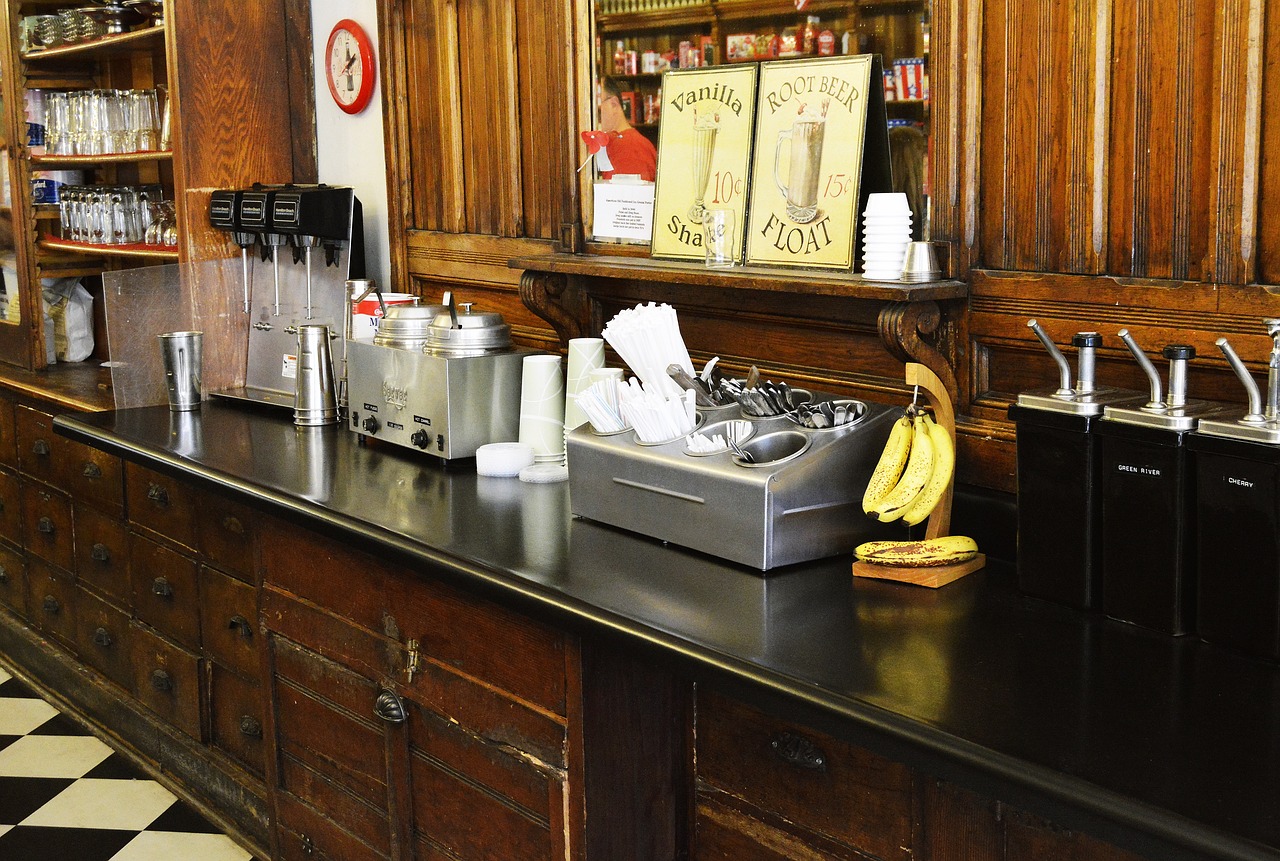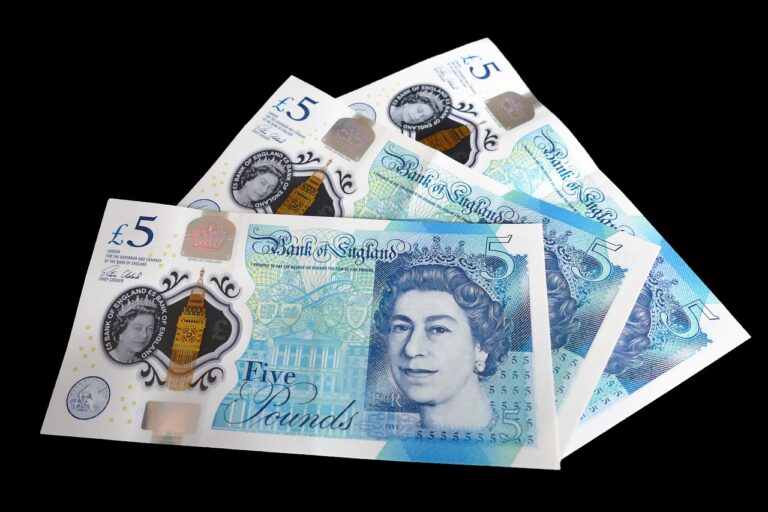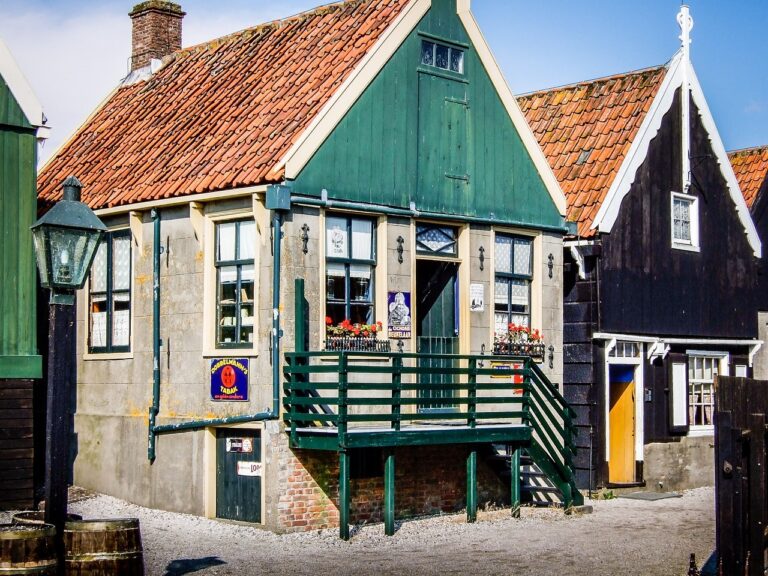Shopping for Sustainable Building Materials: Recycled Wood, Bamboo Flooring, and Energy-Efficient Windows
When it comes to constructing eco-friendly buildings, the choice of sustainable building materials plays a crucial role. Materials like recycled wood, bamboo, cork, and reclaimed metal are gaining popularity due to their environmental benefits. These materials not only help in reducing the carbon footprint but also contribute towards a healthier indoor environment.
Recycled materials such as reclaimed wood not only provide a unique aesthetic appeal but also reduce the demand for new resources like timber. Additionally, these sustainable building materials often require less energy to produce, minimizing the overall environmental impact of construction projects. Choosing such materials is a step towards responsible building practices that align with the principles of sustainability and conservation.
Recycled Wood: A Green Alternative for Construction
Recycled wood is gaining popularity as a green alternative for construction projects. This sustainable material is sourced from salvaged wood products, such as old furniture, barns, or warehouses. By repurposing wood that would otherwise end up in landfills, using recycled wood helps reduce the demand for newly harvested timber, thus conserving natural resources.
In addition to its environmentally friendly benefits, recycled wood also offers unique aesthetic appeal. Each piece of reclaimed wood comes with its own history and character, adding a touch of authenticity and charm to any building project. From rustic farmhouse-style interiors to modern industrial designs, recycled wood can be versatile and adaptable to various architectural styles, making it a popular choice among environmentally conscious builders and homeowners alike.
Exploring the Versatility of Bamboo Flooring
Bamboo flooring is widely recognized for its versatility and sustainability in the construction industry. Its natural appeal and durability make it a popular choice among homeowners and architects alike. With various styles and finishes available, bamboo flooring can effortlessly complement any interior design scheme, providing a timeless and elegant look to any space.
Not only is bamboo flooring aesthetically pleasing, but it is also an eco-friendly alternative to traditional hardwood floors. As a rapidly renewable resource, bamboo grows much faster than hardwood trees, making it a more sustainable option for environmentally conscious consumers. Additionally, bamboo flooring is known for its strength and resistance to moisture, making it ideal for high-traffic areas in both residential and commercial properties.
What are the benefits of using sustainable building materials?
Sustainable building materials help reduce environmental impact, conserve natural resources, and promote healthier living spaces.
How is recycled wood a green alternative for construction?
Recycled wood helps reduce the demand for new timber, decreases waste in landfills, and can be repurposed for a variety of construction projects.
What makes bamboo flooring versatile?
Bamboo flooring is versatile because it can be used in various settings such as residential, commercial, and industrial spaces. It is also available in different styles, colors, and finishes to suit different design preferences.







